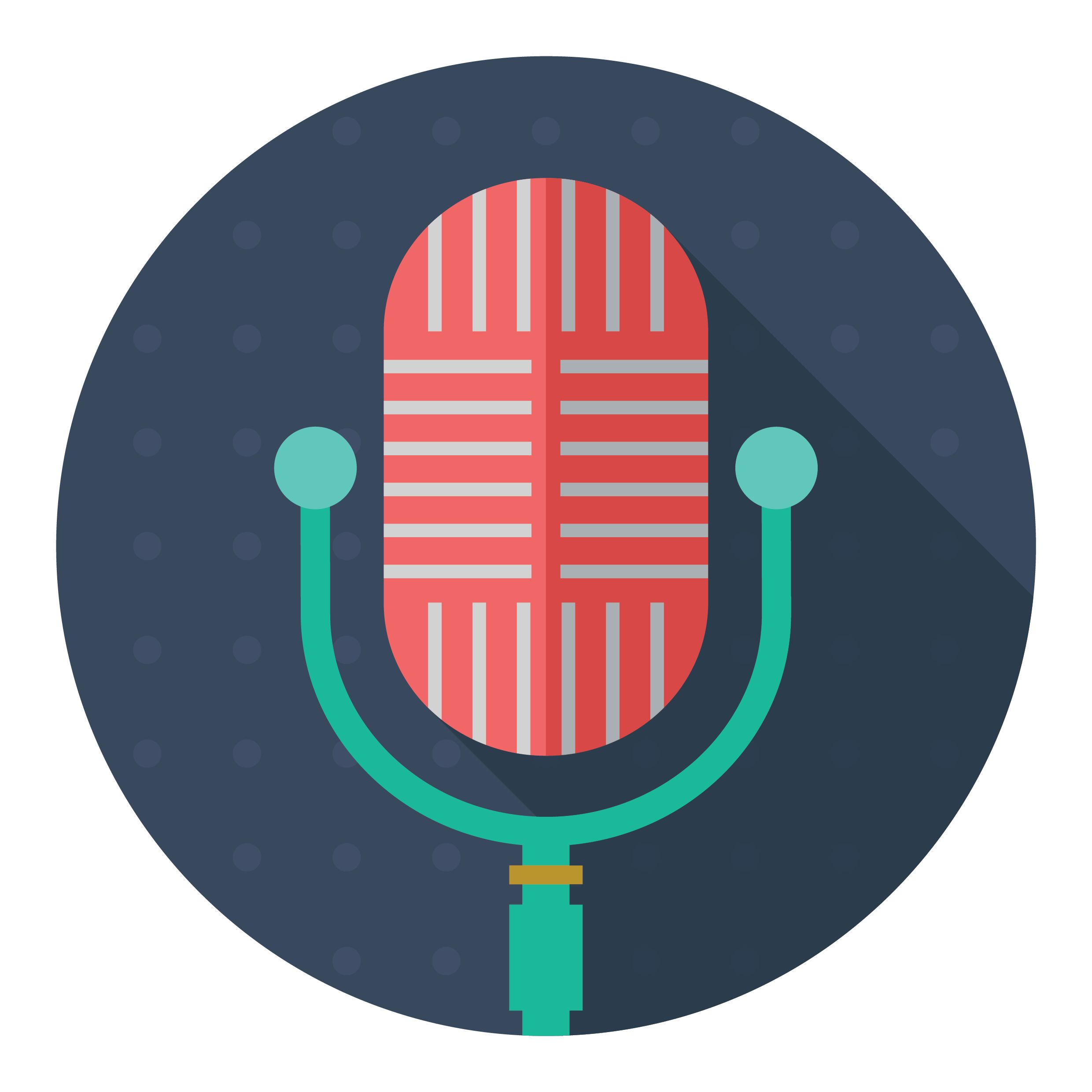 Robin Waite was a busy man. He was running his own business building websites and developing online business strategy for an ever-growing list of customers. At home, he was doing his bit looking after a 3-month-old baby. So when he decided to write a book, the obvious question was: when? Rob’s solution was to plan out in detail the structure of his book and then dictate it, one commute at a time.
Robin Waite was a busy man. He was running his own business building websites and developing online business strategy for an ever-growing list of customers. At home, he was doing his bit looking after a 3-month-old baby. So when he decided to write a book, the obvious question was: when? Rob’s solution was to plan out in detail the structure of his book and then dictate it, one commute at a time.
‘On my journey into work, I used to record for about 15 minutes. I’d choose a chapter, do 5 bullets per chapter, talk about each bullet in 2 minutes, so I’d have 10 minutes per chapter recorded, and then during my lunch break I actually sat down and transcribed it myself, and post edited it’
There’s a couple of reasons why dictating is a great way to write a book.
1. speed: it took Rob only six weeks to create his book in this way, and as an added bonus, the fact that he took the opportunity to clarify his thoughts and polish the text during the post-editing meant the book was ‘pretty much good to go’ when it arrived with the publisher. Most of us can talk faster than we can type (around 100 words per minute – I don’t know what your typing speed is but mine’s certainly nowhere near that). And sometimes the friction involved in typing can slow us down to the point where we lose the freshness and intensity of our thinking, which leads me to the second advantage of dictating your book:
2. tone of voice. Speaking out loud means quite literally speaking in your own voice, and if you imagine you’re speaking to your target reader it can be much easier to hit the right tone. As readers, we want to feel as though the author’s talking directly to us, and talking the book out rather than writing onto a blank screen can help with that.
This is a particularly useful technique for those for whom writing doesn’t come easily. (And why should it? Just because you’re great at what you do doesn’t mean you’re necessarily great at writing about it.)
It’s also a useful trick to try if you’re writing the traditional way but get stuck, or you find your message disappearing under the weight of big words and high-falutin language: stand up, move about, imagine your reader by your side and simply tell them what you have to say, with the voice-recorded app running unobtrusively in the background.
You can hear the full interview with Rob, with more tips on writing, speaking, and building your personal brand, on the Extraordinary Business Book Club podcast this week.
